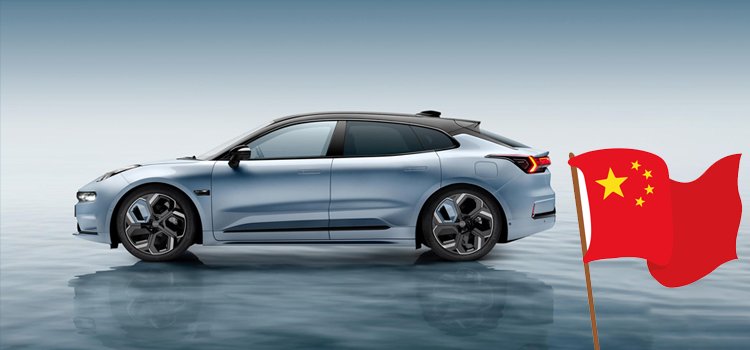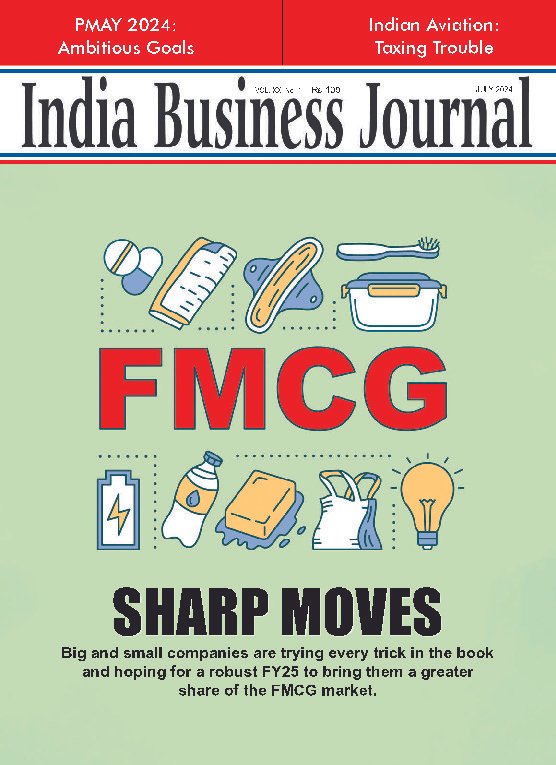INDUSTRY
GTRI cautions about perils of Chinese investments turning India into an “EV colony”
- IBJ Bureau
- Sep 07, 2024

Policy think-tank Global Trade Research Initiative (GTRI) has cautioned India to guard itself from becoming an “electric vehicle (EV) colony” for China. The think-tank has added that China will seek other manufacturing locations for its EVs as they face high tariff walls and other restrictions in the European Union (EU), US and Canada.
EU, US and Canada collectively bought 50 per cent of the EVs that the Chinese exported. With the curbs, it is now looking at moving its production to ASEAN countries and setting its sights on India.
“These units would still depend heavily on imports from China, with 70-80 per cent of parts, including batteries, coming from there. Thailand, the first to allow local production by Chinese firms, is already facing challenges with rising imports and complaints of lower sales from established manufacturers,” a report prepared by the GTRI’s Ajay Srivastava has said.
India should learn from Thailand’s experience, where leading Chinese firms such as BYD, SAIC Motor, and Great Wall Motors have set up assembly plants and production lines, leveraging Thailand’s established automotive industry infrastructure.
However, the increasing dominance of Chinese EV firms has raised concerns about the competitiveness and sustainability of local automotive manufacturers and suppliers. Reports indicate a significant drop in orders for locally-produced auto parts, with some suppliers experiencing up to a 40 per cent reduction in business.
There is also a risk that China might dump excess EVs in India as access to developed markets becomes tougher. There are other challenges that India faces in accelerating EV adoption.
These challenges include 80 per cent electricity generated from fossil fuels like coal; frequent power cuts; and dependence on imports like batteries and critical minerals for making EVs in the country.
























Report By
View Reporter News